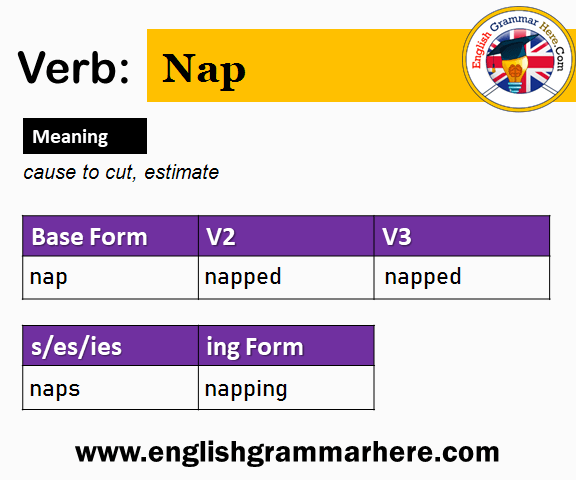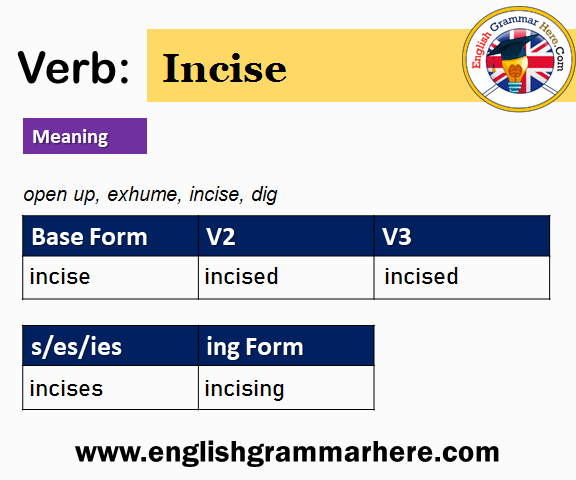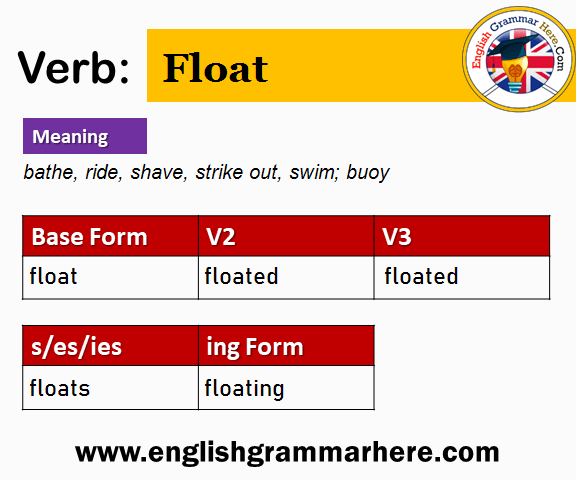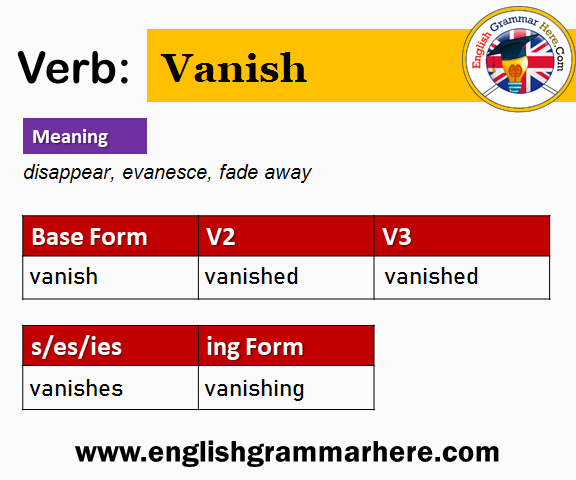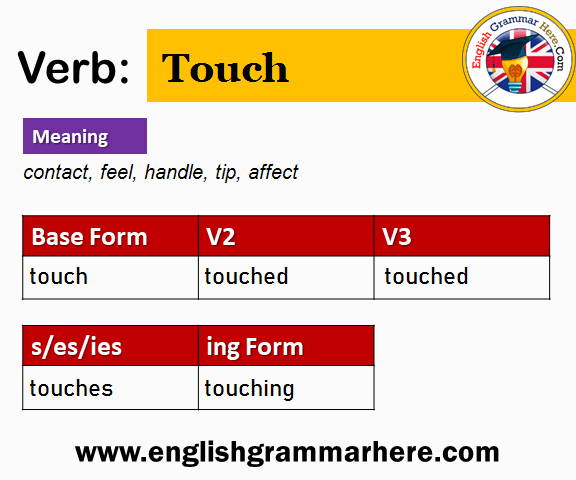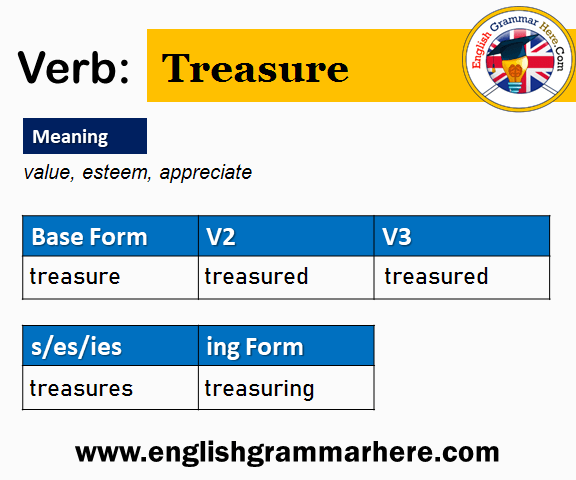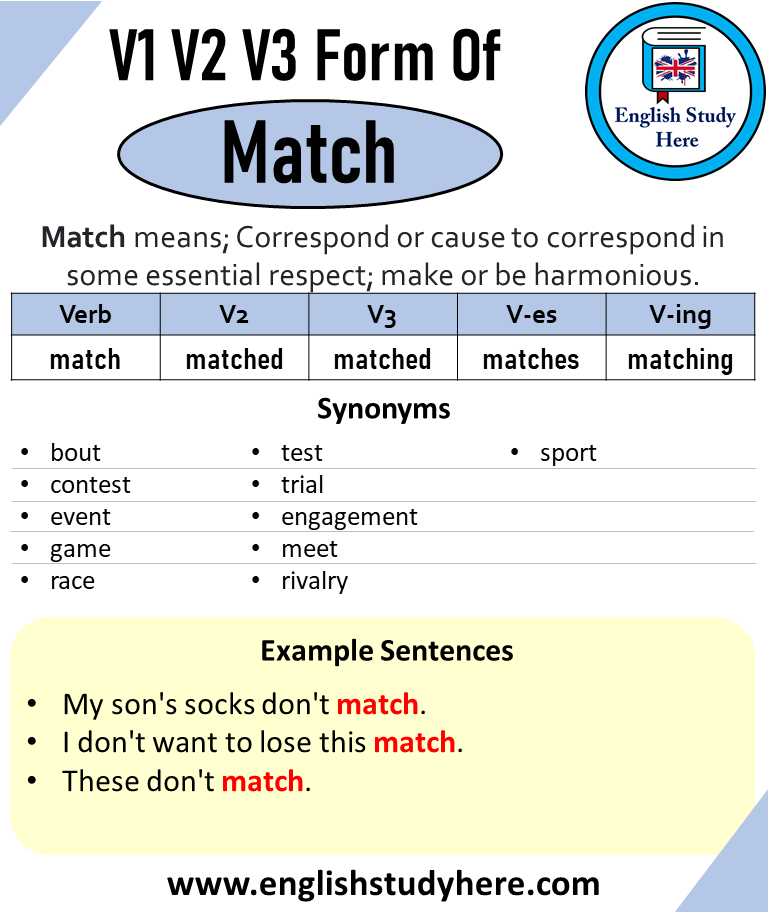Nap Past And Past Participle Form – V1 V2 V3 V4 V5 Form of Nap
Have you ever wondered about the different forms of the verb “nap”? Understanding the past and past participle forms of verbs might not sound like the most thrilling topic, but it plays a crucial role in mastering the English language.
Whether you’re brushing up on your grammar skills or diving into writing, knowing the V1, V2, V3, V4, and V5 forms can make all the difference. Imagine feeling confident every time you write or speak, seamlessly using the correct form of “nap” without a second thought.
By the end of this article, you’ll have a clear understanding of these verb forms, making you more articulate and precise. Let’s unlock the power of language together!

Credit: in.pinterest.com
Nap Meaning / Definition
The verb nap means to sleep lightly or briefly, especially during the day.
Example:
“I like to nap for twenty minutes after lunch.”
Forms of the Verb “Nap”
The verb nap is a regular verb. Its past tense and past participle forms are created by adding -ped (doubling the consonant ‘p’ to maintain the short vowel sound).
| Form | Name | Form | Example Sentence |
|---|---|---|---|
| V1 | Base Form / Present Simple | nap | The baby usually naps in the morning. |
| V2 | Simple Past | napped | I napped on the couch for an hour. |
| V3 | Past Participle | napped | She has never napped during the workday. |
| V4 | Present Participle / Gerund | napping | He is currently napping in his hammock. |
| V5 | Third Person Singular Present | naps | My cat always naps in the sunniest spot. |
Nap Forms Across Tenses
V1 is nap. Use it for the present. Like, “I nap every day.” V2 is napped. Use it for the past. Example: “She napped yesterday.”
The V3 form is nappedtoo. It shows the past participle. Example: “He has napped well.”
V4 is napping. It shows the present participle. Example: “They are napping now.”
Finally, V5 is naps. Use it for third person singular. Example: “He naps at noon.”
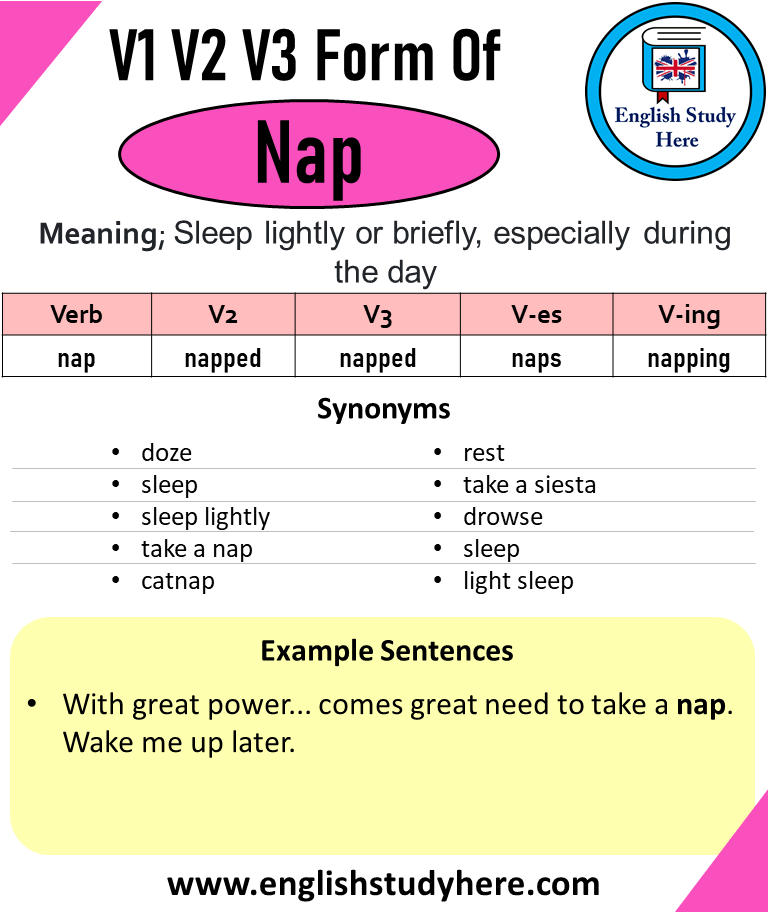
Credit: englishstudyhere.com
Conjugation Variations
Here is a table to show the forms:
| Base Form (V1) | Past Simple (V2) | Past Participle (V3) | Present Participle (V4) | 3rd Person Singular (V5) |
|---|---|---|---|---|
| nap | napped | napped | napping | naps |
We use these forms to talk about napping at different times. Simple and easy!
Applications In Sentences
The word nap is often used in sentences. It helps describe short sleep. In present form, it is nap. In past form, it becomes napped. The past participle form also uses napped. The continuous form is napping. The last form is naps.
Nap is a simple word. It fits in many sentences. People often napafter lunch. The dog napped on the sofa. He has napped for hours. She is napping now. The baby naps in the afternoon.
These forms make sentences clear. They show actions easily. Using these forms helps in learning English. Practice them often. They are fun and easy to use.

Credit: ar.pinterest.com
Conclusion
Mastering verb forms can boost your English skills. Understanding the forms of “nap” is crucial. Simple, right? Practice makes perfect. Remember, “nap” becomes “napped” in past tense and past participle. Verbs change slightly. But, patterns help you learn. Regular practice strengthens memory.
Soon, you’ll use them naturally. Keep practicing. You’ll notice improvement in no time. Use these tips in daily conversations. Learning verbs can be fun and easy. Stay patient and consistent. Your English will improve with effort. Good luck on your learning journey!
